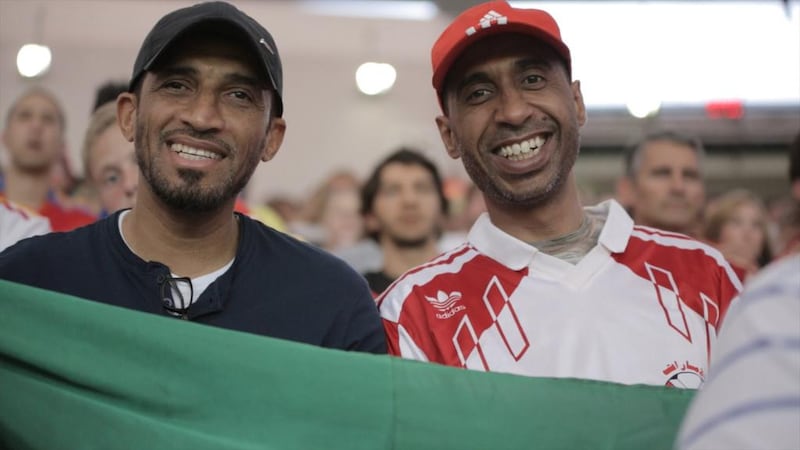The release in cinemas last week of Ali Khaled's Lights of Rome about the UAE football team at the World Cup in 1990 was the latest development in what has been a strong couple of years for documentaries in UAE cinema, as well as the wider Arab world which has a long history of documentary filmmaking.
A high point for the industry here was undoubtedly 2015's He Named Me Malala, which was longlisted for the Academy Awards Oscar for a documentary, earlier this year. Although the film did not make the final shortlist the achievement still marked a high point for Image Nation and UAE cinema. The film, which tells the story of Pakistani girls' education activist Malala Yousafzai, was directed by American Davis Guggenheim.
It takes its place in a strong line-up of "issue-focused" documentaries from the Abu Dhabi production house, which also include the 2014 polio documentary Every Last Child and the autism study As One. Both were well received on the festival circuit.
The UAE’s recent documentary output fits into a wider history of documentary filmmaking across the Arab world, perhaps in part a result of the region’s historic culture of storytelling, and in part also a result of the development of low-budget, independent movies in the absence of big Hollywood studios to fund major feature production.
This weekend, the Dubai International Film Festival is taking place, with its non-fiction section showcasing some interesting documentaries. Gaza Surf Club, for example, from directors Philip Gnadt and Mickey Yamine, looks at how a new generation of Gazans has taken to the beaches, while Emirati documentary Honey, Rain and Dust tracks the tradition of honey collection in RAK, and Mamsous from Emirati filmmaker Shatha Masoud examines depression and panic attacks as an issue in the Arabian Gulf.
The UAE’s embrace of the documentary form could perhaps be seen as symptomatic of a country in development as it forges its own identity. With a lack of physical records of the region and its history prior to, and even after, unification, documentaries offer an opportunity for locals and expatriates to learn more about the history of the country.
Across the wider Arab world, it is perhaps not surprising that political documentaries have been very much in vogue since the Arab Spring.
Unsurprisingly, Egypt and Syria are particularly visible among the glut of releases, with films such as ½ Revolution (Omar Shargawi, Karim El Hakim, 2011) and A Syrian Love Story (Sean McAllister, 2015) among the highlights, although almost every country across the region has had at least one entry into the canon of post-Arab Spring documentaries – a sign that the Arab world's long history of documentary filmmaking continues apace despite challenging circumstances.
Christopher Newbould is a film and TV writer at The National.





